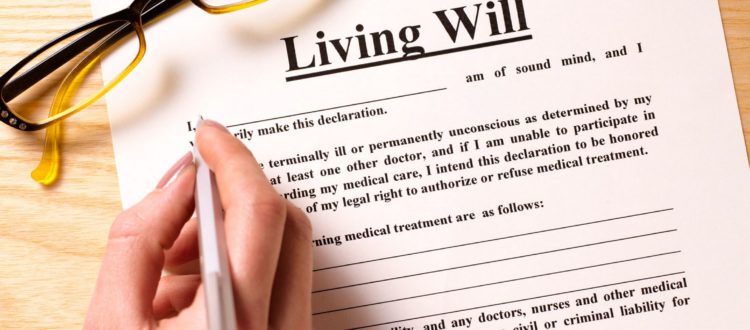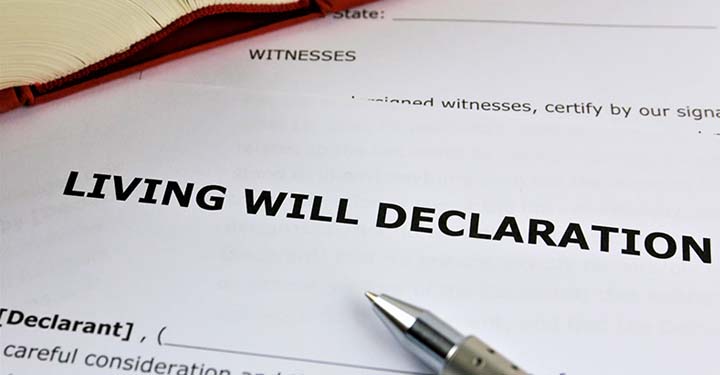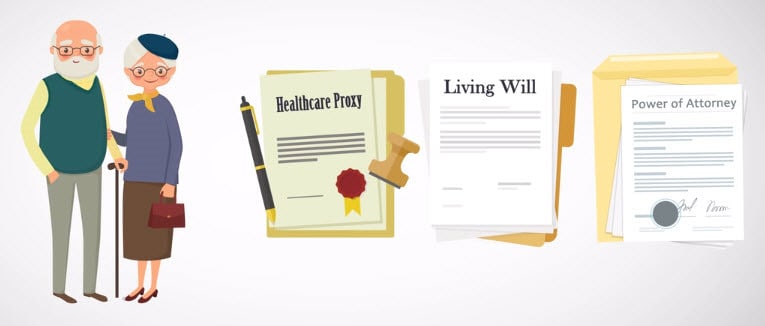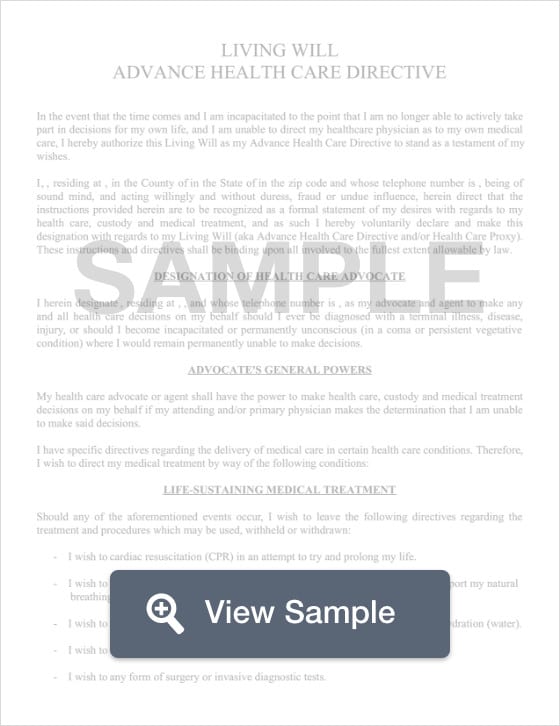Living wills, often also referred to as advance directives, are often used as part of the estate planning process. What is a living will, how does it work and do medical staff have to follow its guidelines?
What is a Living Will?
Like regular wills, living wills are designed to formally set out the wishes of the individual. They do not, however, deal with issues after death but focus on preferences for medical treatment at the end of life.

The aim here is to represent the individual in healthcare decision-making processes at times when they may not be able to speak for themselves.
How do Living Wills Work?
A living will is a formal legal document. If it meets state laws and is appropriately witnessed then the wishes of the individual are to be respected by hospitals and doctors in certain circumstances.

So, for example, the individual can dictate the stage when they would no longer wish to receive treatment or can set out specific treatments that they would or would not wish to be given.
For a living will to work, it must be available to healthcare professionals at the time when treatment is being discussed. Some will store these documents on specialist online medical sites and/or with their doctor who may also log the directive on to medical records. It is also common to carry an advance directive wallet card.

It is also a good idea to distribute copies to family and friends and to discuss plans in advance so that the will is not challenged. Some will also name a healthcare proxy when they put their will together who will represent their wishes if they are unable to do so. They will also need a copy of the document.

Do Healthcare Professionals Have to Honor a Living Will?
There are some medical decisions that have to be made before a living will can be used. These may vary from state to state. Generally, however, this usually involves getting two physicians to agree that the individual is no longer capable of making their own medical decisions.

Each state may also have different living will laws which could determine when they can be enforced and when they cannot. For example, the individual may need to be diagnosed as being in an “end-state” condition or permanently unconscious before a will can be used. Some states may have additional checks in place.

It is also worth remembering that a living will may not be taken into consideration by emergency medical technicians. Those that would not wish to be given certain emergency treatments (i.e. CPR) may need to also put together a DNR (Do Not Resuscitate) order that is specially designed to deal with treatment given outside of hospitals.
- What Is Aromatherapy Vs. What Are Essential Oils?
- What is La Tomatina in Bunol, Spain Like? What to Expect at the Famous Tomato Throwing Festival
Do Living Wills Have to Made by Lawyers?
It is not necessary to hire a lawyer to make a living will although many will consult a specialist as part of their general estate planning process and will use them to put together an advance directive. There are, however, plenty of online resources and living will forms that can be used.

It is worth remembering, however, that each state is likely to set their own living will laws and conditions. It is, therefore, important to use the right form for the right location otherwise the will may not be valid and final wishes may not be respected.


















